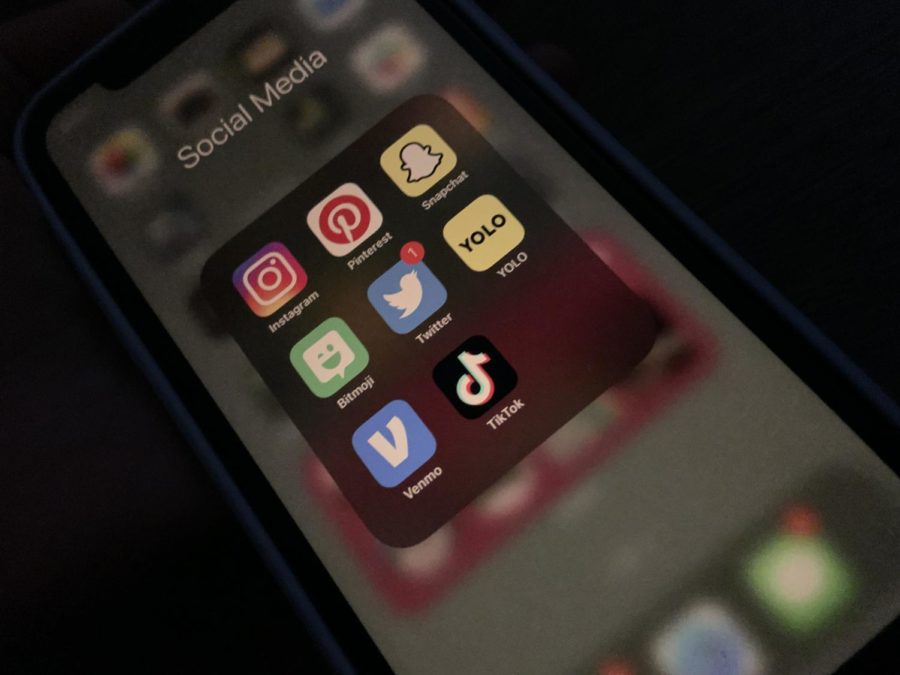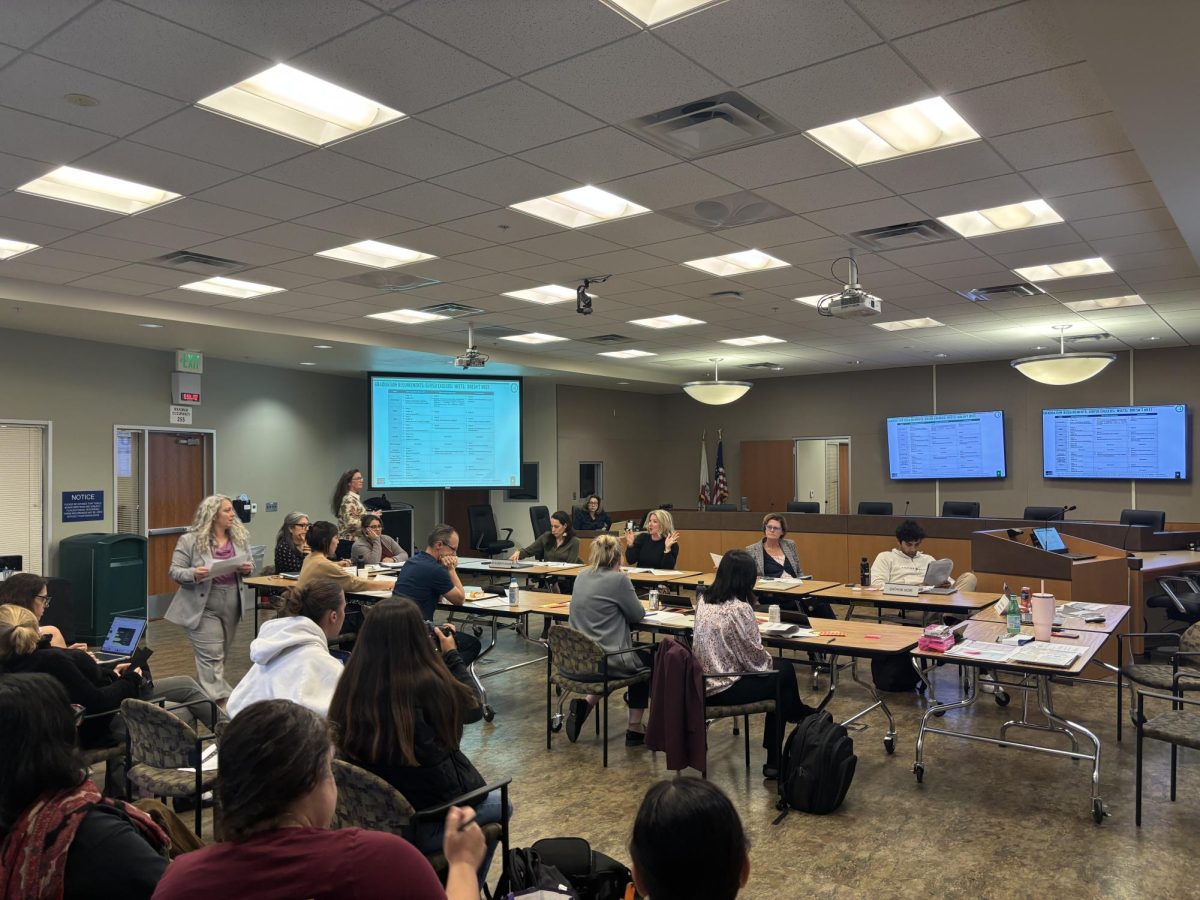The emerging dominance of social media in the lives of teens is creating a shift in the way that many people, especially teens, consume news.
A study by the University of Oxford found that traditional news media is no longer as relevant or dominant when it comes to teens consuming news content.
Social media such as Instagram and TikTok are common sources of information for many high school students. Results from a survey by Common Sense Media found that over half of teens get news from social media at least a few times a week. Many teens appreciate the convenience of social media, but users are also aware of the abundance of misinformation that can be found on social media.
“When it comes to the credibility of getting news from social media, I think it’s about half and half; it really depends on the source,” Woodside junior Amanda Marcos said.
Students often judge the credibility of information from social media on a case-by-case basis.
“I feel like it depends… but overall, [social media] can give you information about the news,” Woodside freshman Lukash Hodges said. “But you don’t always want to trust them because they’re created by individual creators, and they can lie sometimes.”

Other students choose to be more critical when getting information from social media.
“I think most people are not reliable,” Woodside sophomore Jordan Buettner said. “But [I think] when you see big news channels on social media, they can be reliable.”
Although there is debate about the credibility of social media, some feel there are benefits to this emerging source of news.
“It’s good because it’s easily accessible to anybody who has a phone or an internet because there’s the News App and you can look up things online,” Woodside senior Zoe Gipson said.
In passing, students hear about many world events, such as what is happening in Afghanistan. However, because understanding what’s going on in Afghanistan requires knowledge of events that happened before most high schoolers were born, it can be hard for teens to keep up with what is happening.
“I know a little bit about what’s going on,” Hodges said. “I’ve just heard snippets of what people have said, and seen things online, but I haven’t done a large amount of research.”
Even after weeks of coverage of the events in Afghanistan, it’s still hard for teens to grasp all the details of what is happening, given the complexity of the issue.
“I’m not too aware [of what’s going on in Afghanistan],” Gipson said. “I know vaguely what’s happening, but I haven’t learned too much about what is going on.”
Despite much world news being confusing, students agree that there is importance to keeping up-to-date with what’s going on in the world.
“Keeping up with world events [is important] because you can have an opinion about what is going on around you,” Hodges said.









